
















Here are 3 pieces of very early 17th century linen bobbin lace ; 2 pieces of Italian-style baroque lace, and a rather unusual piece of 'pinless' lace most likely from Flanders. This rather clunky looking lace puzzled me and I was unable to identify it at all, so I had it appraised by an American lace expert: 'The pinless laces are called that because they use pins only at the very edges of the lace, not at every intersection of the interior of the lace. They tend to be very early forms and are scattered across Flanders, Spain, Switzerland, Italy, Sweden and Russia. Very early Flanders has this type of squared solid clothwork, and a variety of grounds are used, such as the most common trademark ground, the 5 dice, Kat stitch ground AKA Turnhout ground/ Pt d Paris ground, and round ground as found in old Valenciennes.'
The other two floral laces are either Flemish of Milanese as far as I can tell, the wider, finer lace I think may be Milanese while the narrower less delicate lace is probably Flemish - I need to do a bit more research in to techniques before I can be more positive! I find early laces incredibly fascinating in hteir beauty, complexity and variety. I especially admire the hardiness of the linen upholstery laces of this period as they can still be found in wonderful condition due to the hard wearing nature of flax.
Please click and double click on the photos for supersized and enlarged pictures showing the incredible detail of these laces.
www.morgaine-le-fay.co.uk

























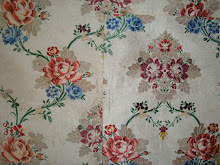





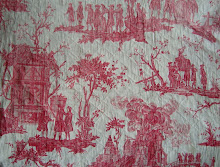
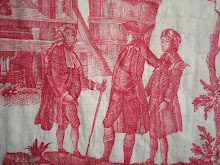




































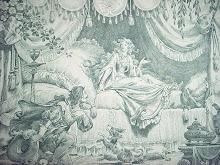







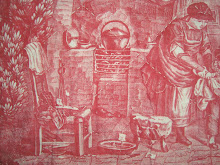





Beautiful...
ReplyDelete